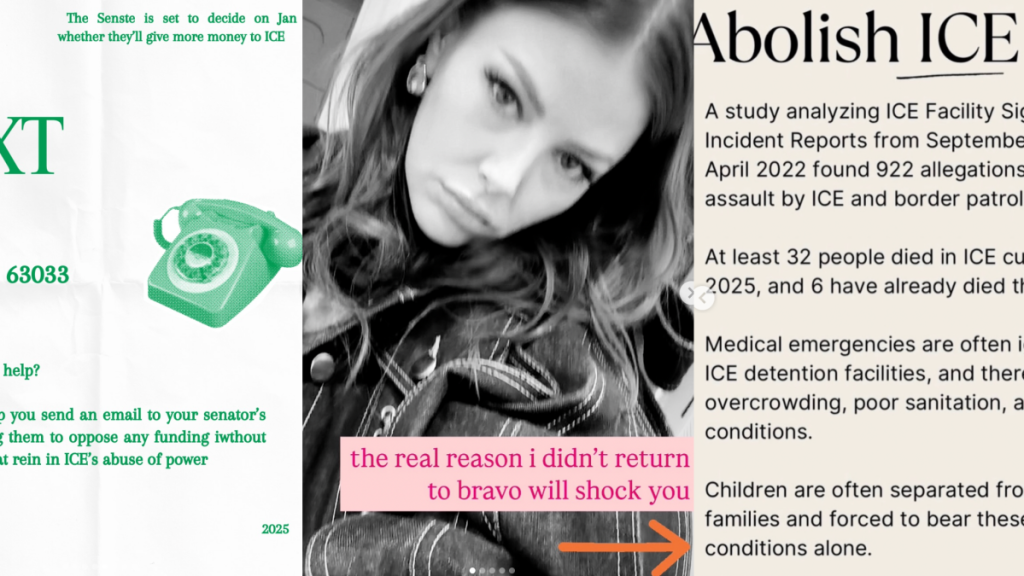At a memorial service honoring the late Oba Sikiru Adetona, the revered Awujale of Ijebu, Nigeria’s President Bola Tinubu attributed his electoral victory to the spiritual support of the monarch and the trust of Nigerian citizens. Speaking on Sunday during the eighth day of Islamic fidau prayers held at Ijebu Ode’s Dipo Dina Stadium, Tinubu delivered an emotional tribute to Adetona, who passed away in May at 89 after a six-decade reign.
The president reflected on the significance of the late traditional ruler’s influence, crediting him with providing critical reassurance during his presidential campaign. “I came to him, and he blessed me, saying I would win the election and win again. Today, he is no more, but his words remain,” Tinubu said, emphasizing the spiritual and cultural weight of Adetona’s endorsement. He acknowledged the broader societal implications of his political journey, stating, “Our national history would have been incomplete had I failed that election.”
Adetona, a central figure in Nigeria’s traditional and political spheres, was remembered for his steadfast advocacy during the country’s pro-democracy struggles, including the June 12 movement of 1993, which challenged military rule. Tinubu framed the monarch’s legacy as a unifying force, urging citizens to prioritize peace and cohesion. “He brought dignity not just to Ijebu land but to the entire Yoruba nation. We must uphold his principles,” the president added.
Ogun State Governor Dapo Abiodun, hosting the ceremony, characterized Adetona as a transformative leader and moral guide whose reign elevated the cultural and political stature of the Ijebu people. “Under his leadership, we witnessed progress that transcended tradition—he was a mentor to many and a compass for ethical governance,” Abiodun remarked. The event drew high-profile attendees, including Kwara State Governor Abdulrahman Abdulrazaq, who chairs the Nigeria Governors’ Forum, alongside federal ministers and regional dignitaries.
Tinubu’s remarks underscored the enduring interplay between Nigeria’s traditional institutions and contemporary governance, reflecting a broader cultural narrative where ancestral benedictions and public mandate are seen as mutually reinforcing. The fidau prayers, a customary Islamic rite for the deceased, concluded eight days of mourning ceremonies, symbolizing both personal loss for the Ijebu community and a national moment of reflection on leadership legacies.



